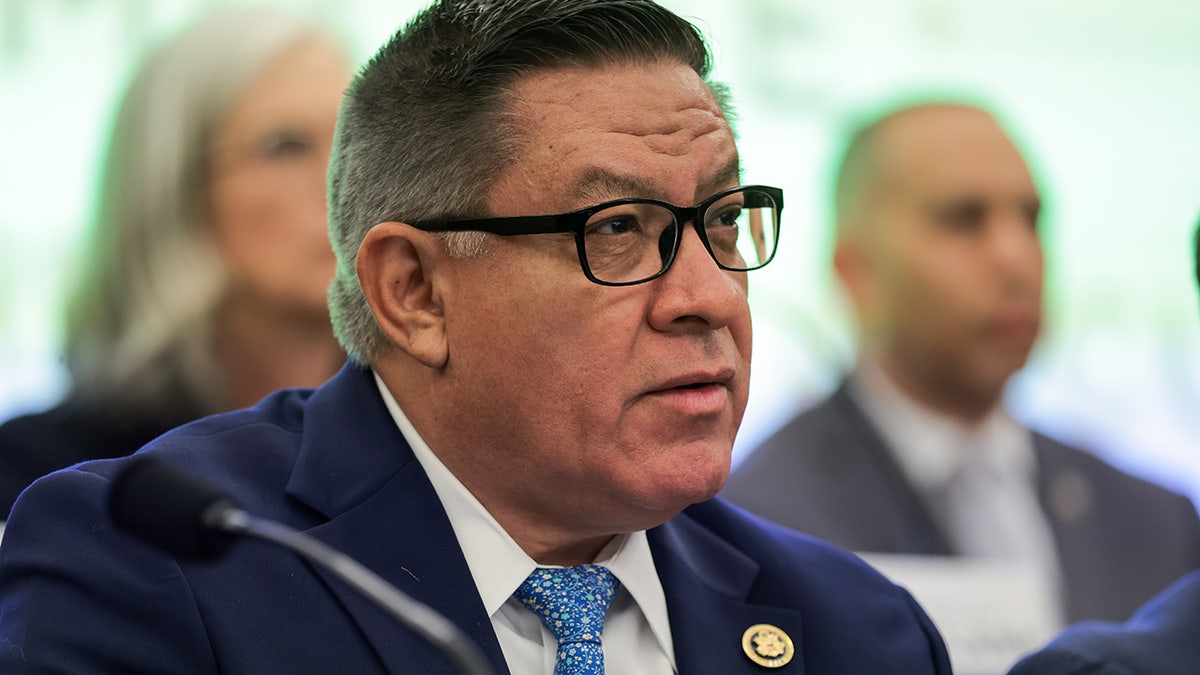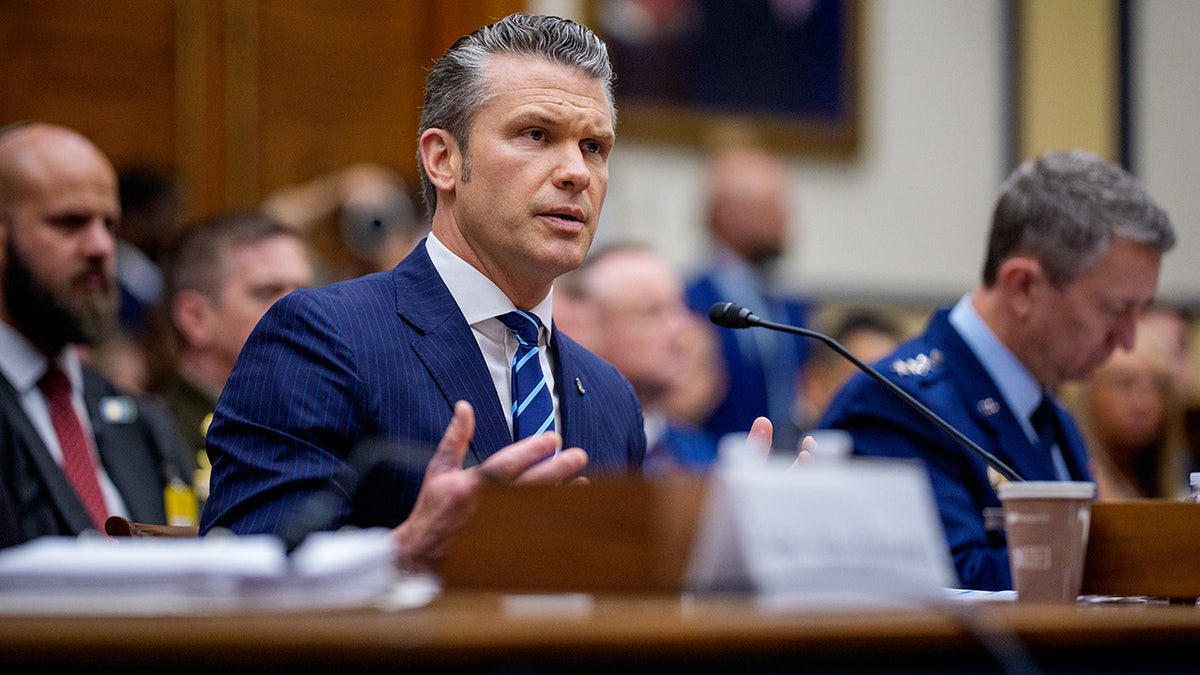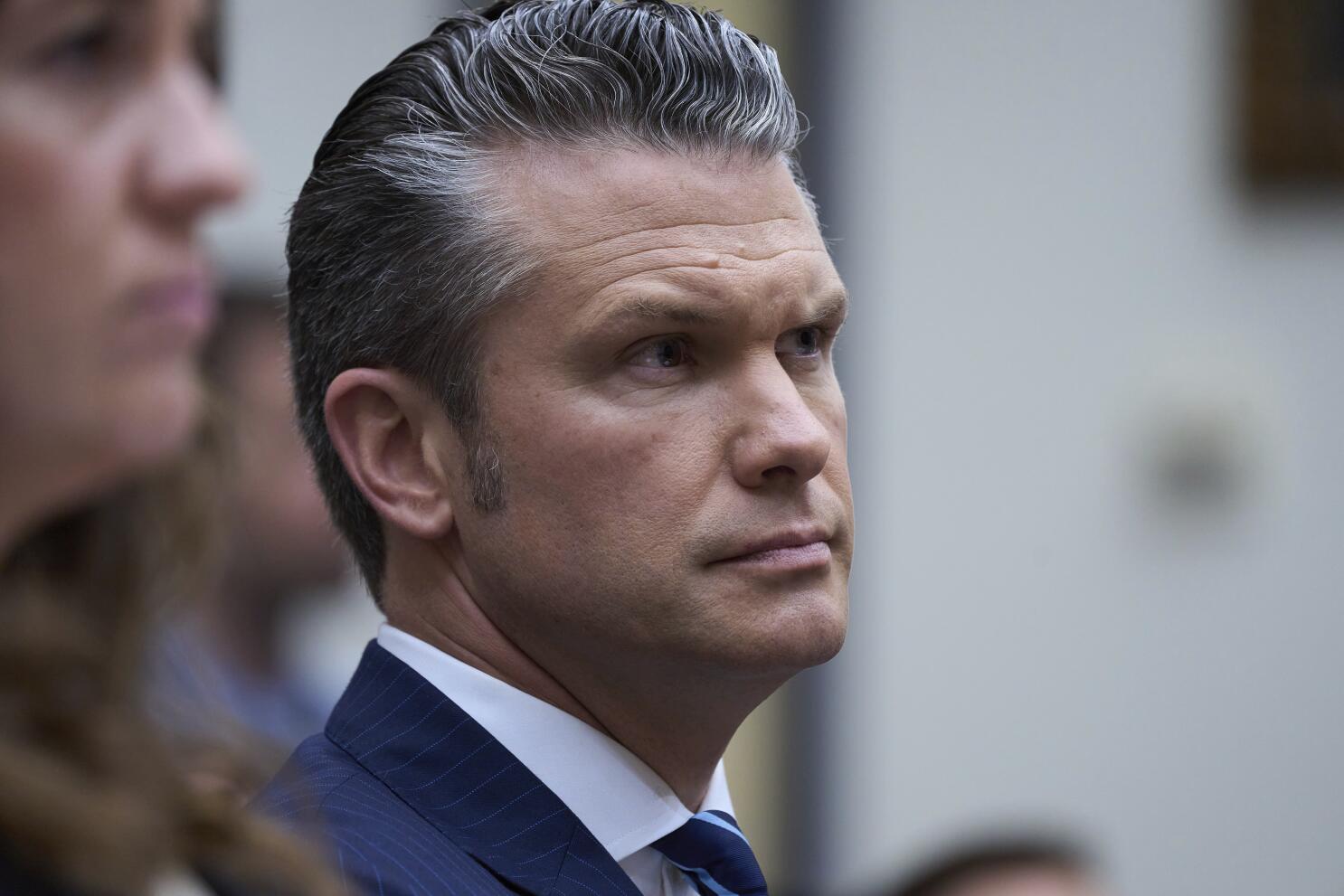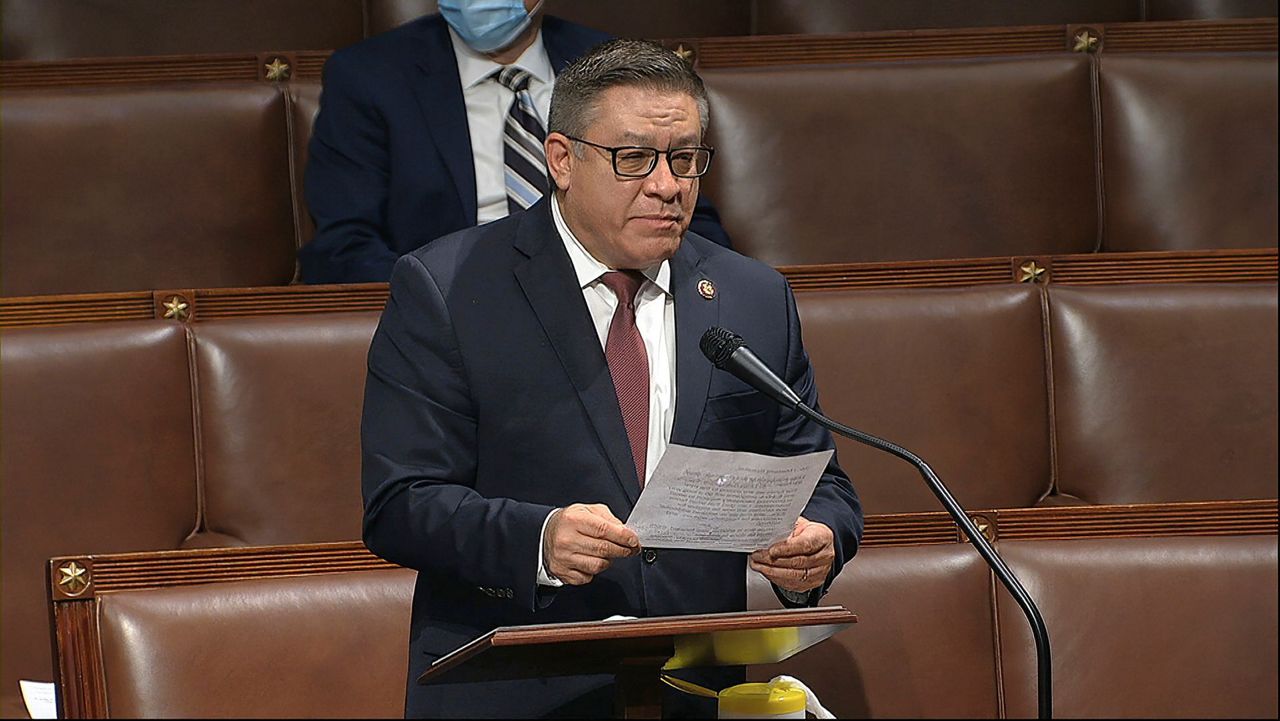Tensions reached new heights during the latest round of congressional hearings, as Defense Secretary Pete Hegseth found himself on the receiving end of sharp criticism from lawmakers. For the third consecutive day, Hegseth faced intense questioning from the House Armed Services Committee, and on Thursday, the pressure became too much for one congressman to handle.
Representative Salud Carbajal, a Democrat from California, demanded that Hegseth step down from his position after the defense secretary refused to answer several critical questions, including some that Hegseth dismissed as "silly."
The day’s hearing saw multiple fiery exchanges, with Hegseth attempting to dodge questions on highly sensitive issues such as the deployment of military personnel to Los Angeles and the controversial discussions around potential military interventions in Greenland and Panama. However, it was his interaction with Carbajal that stole the spotlight, as the representative expressed his growing frustration with the defense secretary’s evasiveness.

The exchange unfolded when Carbajal asked Hegseth whether serving in the Trump administration required a loyalty test, a question that touched a nerve for the defense secretary. Hegseth, in what many saw as a dismissive response, called the question “silly,” sparking a harsh rebuke from Carbajal.
“I’m not going to waste my time anymore,” Carbajal stated, his voice laced with anger. “You’re not worthy of my attention or my questions. You’re an embarrassment to this country. You’re unfit to lead, and there’s been bipartisan members of Congress that have called for your resignation. You should just get the hell out and let somebody competently lead this department.”
Hegseth, who had already endured a long day of contentious questioning, struggled to provide satisfactory answers to many queries, leaving lawmakers both frustrated and confused. One of the primary issues raised was the deployment of the California National Guard and several hundred Marines to Los Angeles, a move that had been publicly challenged in court by California Governor Gavin Newsom.
Despite numerous calls for clarity on the matter, Hegseth refused to confirm whether he would abide by any potential court rulings, particularly a decision from the Supreme Court.
Rep. Ro Khanna, a Democrat from California, asked Hegseth directly, “Can you assure the American people of two things: you will respect any Supreme Court decision on this matter about whether the Marines are constitutional, and you will respect the district courts when they rule before the Supreme Court rules?”

Hegseth’s response was evasive. He dismissed the notion of local judges having any say in national security matters, arguing, “What I can say is we should not have local judges determining foreign policy or national security policy for the country.”
This noncommittal stance left many on Capitol Hill questioning Hegseth’s regard for the rule of law and the checks and balances that are integral to the functioning of the U.S. government.
But the tension didn’t end there. Hegseth’s reluctance to provide direct answers continued when the committee probed him on the Pentagon’s plans regarding Greenland and Panama, two countries that had recently become focal points of military discussions. Hegseth’s vague responses, where he repeatedly stated that the Pentagon “has plans” for various scenarios, did little to reassure lawmakers or the public.
“Any contingency you need, we’ve got it. We’ve got a building full of planners, and we’re prepared to give recommendations whenever needed,” Hegseth said, offering no specific details on what those plans entailed or whether military action was truly being considered.
This failure to provide clear answers, coupled with his dismissive behavior toward questioning, led Carbajal and others to conclude that Hegseth was no longer fit for his role. It wasn’t the first time Hegseth had been criticized for his handling of sensitive topics during congressional hearings.
Throughout his tenure, there have been growing concerns about his qualifications and temperament, particularly as the Pentagon grapples with an array of complex international challenges.
The call for Hegseth’s resignation was not an isolated sentiment. While Carbajal’s remarks were perhaps the most scathing, several other members of Congress, including Republicans, have voiced similar concerns. Many lawmakers, across party lines, have expressed frustration at Hegseth’s lack of transparency and his seeming unwillingness to engage meaningfully with Congress on critical defense matters.
These frustrations have only intensified following Hegseth’s refusal to give straightforward answers during his testimony.
In the aftermath of the hearing, political observers and pundits have weighed in on whether Hegseth’s days at the Pentagon are numbered. Some believe that the pressure from both sides of the aisle could ultimately force the defense secretary to resign, while others argue that the Trump administration’s loyalty-based political culture may shield Hegseth from any serious repercussions.

The ongoing controversy over Hegseth’s conduct comes at a time when the Pentagon is already facing significant scrutiny over its military strategies and the direction of U.S. foreign policy under the Trump administration. With tensions rising in various regions around the world, particularly in the Middle East and Latin America, many critics argue that Hegseth’s inability to provide clear and decisive leadership is undermining the U.S. military’s credibility on the global stage.
As the calls for Hegseth’s resignation continue to mount, it remains to be seen whether President Trump will take any action. However, with the ongoing challenges facing the military and the growing discontent within Congress, it is clear that Hegseth’s tenure as defense secretary is under increasing scrutiny.
For now, Pete Hegseth will have to navigate the storm that is brewing on Capitol Hill, with lawmakers increasingly questioning his competence and fitness to lead. Whether he will be able to weather the criticism and hold on to his position remains uncertain, but the latest round of hearings has undoubtedly escalated the stakes for the embattled defense secretary.



-1750230030-q80.webp)

